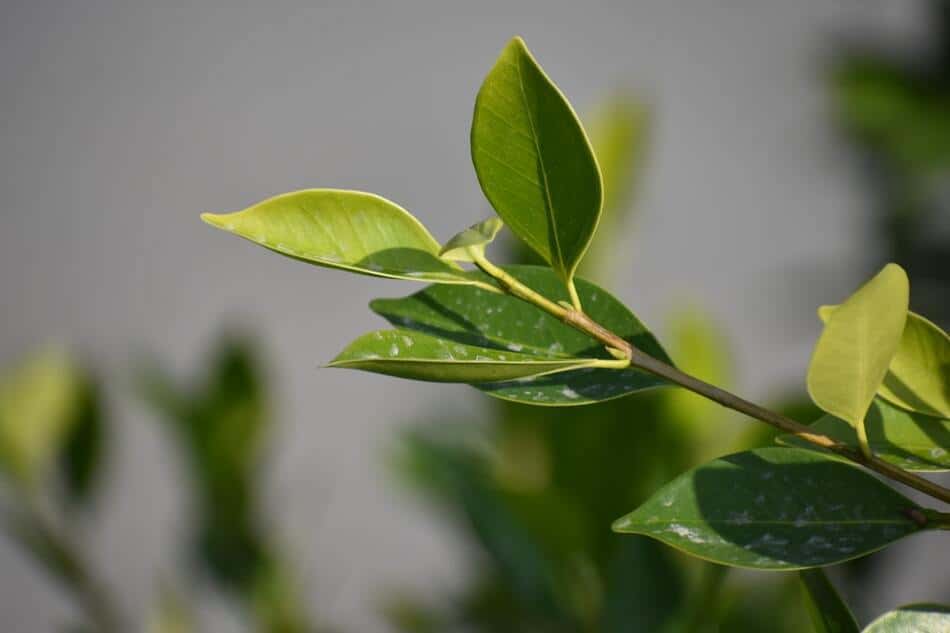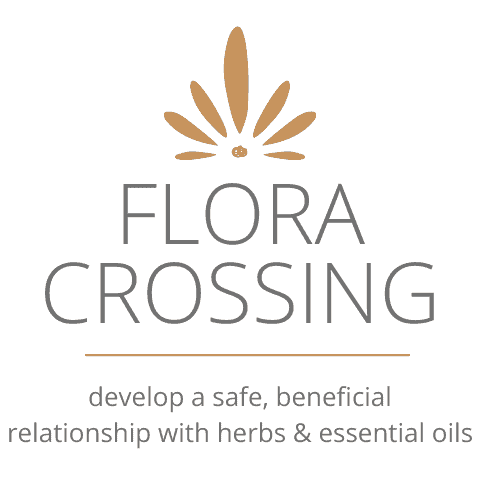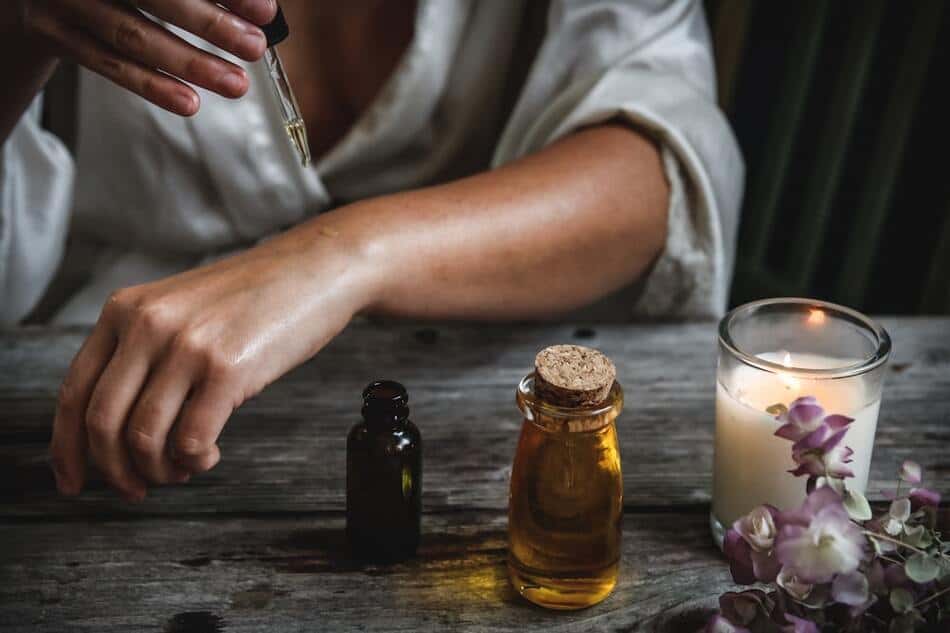A boil is an infection of the skin that is caused by a staphylococcus bacterium’s inflammation of one or more hair follicles, which causes a red inflamed painful pus-filled sore on the skin that is highly contagious. Now, there are several home remedies for treating boils. One of the most popular ones is using tea tree oil. However, you need to use it the correct way to see positive results. I am here to guide you on how to use tea tree oil for boils correctly.
I recommend starting with a patch test to check for any allergies or irritation. If all is good, apply a diluted solution of tea tree oil or you can apply it directly (2-3 drops). Before that, clean the infected area. After applying, cover it with a bandage. Repeat this twice a day!
Boils are caused by Staphylococcus bacteria, which may enter the body via cuts, shaving, ingrown hairs, or skin irritation.
Bumps and boils are more common in individuals with weakened immune systems, poor hygiene, diabetes, or malnutrition. The moist regions of the body, such as the neck, armpits, thighs, groin, and buttocks are all vulnerable to boils.
Healing takes roughly 2-3 weeks after a boil has been opened and drained. We’ll look at the effects and applications of tea tree oil on boils in this post. Is tea tree oil effective in treating boils?
It’s unquestionably a big problem. Tea tree oil is one of the most natural and efficient boil treatments available. The use of tea tree oil can help speed up the healing process while also limiting the infection’s spread.
How Does Tea Tree Oil Help To Treat Boils?
Tea tree oil is a strong essential oil that has antifungal and antibacterial effects. Tea tree oil has a wide variety of medicinal applications.
It can also prevent and treat boils. It is effective against fungi and bacteria due to its antibacterial, and antifungal effects. Its antiseptic and anti-inflammatory characteristics can assist with the fast healing of boils.

According to a study by the United Kingdom’s National Health Service, tea tree oil is non-toxic and gentle to the skin. Furthermore, because of the chemical structure’s volatile aromatic hydrocarbons, tea tree oil may easily permeate through the pores of the skin.
As a result, tea tree oil topical application becomes the most suitable and appropriate treatment for boils.
How To Use Tea Tree Oil For Boils?
Here are some ideas for using tea tree oil for boils. I recommend mixing it with other oils to treat boils in various regions of your body.
Now, I will walk you through the essential steps in the process.
Performing A Patch Test
It is crucial to note that, since each skin is unique, so are the responses of every skin to different oils. As a result, it’s important to ensure your skin isn’t sensitive to the oil before applying it. A patch test should be done before applying the oil to an afflicted region for this.
Patch testing:
- Apply a tiny quantity of tea tree oil to the inside of your elbow.
- Allow it to sit on your skin for at least 24 hours.
- Continue using if no rash, irritation, or discomfort is noted.
If the oil is acceptable for your skin after the patch test, you may continue.

Direct Application Of Tea Tree Oil On A Boil
Follow the steps below.
- Warm water and a clean towel should be used to thoroughly wash the infected region and the area surrounding it.
- Apply two to three drops of tea tree oil to the affected area.
- Cover it with a cotton swab or an elastic bandage to keep the oil in place.
- Repeat this every other day or so.
Good to Learn:
Using Tea Tree Oil For Boils With Oil Blends
Now, I have jotted down my best blends of tea tree oil for treating boils. Have a look!
Coconut Oil And Tea Tree Oil For Boils
Blending coconut oil with the antiseptic power of tea tree oil can make it even more effective for treating boils, which is why many people use it to treat them.
- Washing the affected region and the area surrounding it with warm water and drying it with a clean towel is sufficient.
- Make a paste of five drops of tea tree oil and one teaspoon of coconut oil. Apply this preparation to the boil with a q-tip.
- Do this two to three times a day until the boil is completely gone.
Lavender Essential Oil And Tea Tree Oil For Treating Boils On Inner Thigh
Carefully abide by the steps below.
- Infuse tea tree oil and lavender oil in warm water.
- Soak a washcloth in the solution.
- For ten minutes, place the cloth on the boil.
- Repeat this process every day.
Frankincense Essential Oil And Tea Tree Oil For Buttocks Boils
Simply follow the process below.
- In coconut oil, combine a few drops of frankincense oil and tea tree oil.
- Finally, soak a cotton ball in this solution and apply it to the afflicted region. Allow it to stay for a few minutes before washing it off with lukewarm water.
- This should be done twice a day.
Good to Learn:
- How to Make Frankincense Essential Oil?
- Using Tea Tree Oil for Sinus Infections.
- Can you Use Tea Tree Oil During Pregnancy?
Almond Oil And Tea Tree Oil For Scalp Boils
Scalp boils can be treated with a combination of almond oil and tea tree oil. Just follow the steps.
- Create a combination of 5 drops of almond oil and 3 drops of tea tree oil.
- Make a scalp boil visible by dividing your hair.
- Using a q-tip, apply the combination of oils to the boil.
- Repeat two or three times a day.
What Other Oils Are Known To Treat Boils?
Neem oil and castor oil are very helpful in treating boils.
Castor oil is high in ricinoleic acid, a natural anti-inflammatory that is also found in the plant kingdom. Apply a tiny amount of castor oil to the boil three times a day until it goes away.
Neem oil has antiseptic, antibacterial, and antifungal properties that can assist with the treatment of skin conditions such as boils. It’s also called Indian lilac or Lilium candidum.
Applying neem oil to boils three to four times a day is one method for treating them. Make sure you wash your hands before and after the treatment.
Bottom Line
Tea tree oil is very useful in treating boils. However, I highly advise consulting an expert. Stop using it in case of any irritation, rash, or pain.


